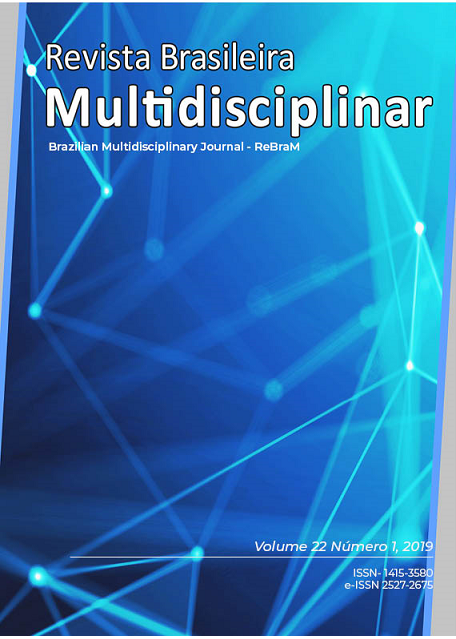Planning in an area of social vulnerability: a study on the neighborhood of Cristo Rei (Montes Claros - MG, Brazil)
Main Article Content
Abstract
This article focuses on the study of the socio-spatial dynamics of vulnerable areas, in order to produce alternatives that aim at improving the quality of life of its residents, since these areas are affected by poverty, violence, diverse risks, among other determinants, as well as being areas that are not constantly included in municipal urban planning plans. Thus, it is necessary to study the socio-spatial dynamics of these areas through the urban planning bias. For this purpose, the case of the neighborhood of Cristo Rei, located in the city of Montes Claros / MG, was studied, since the city is of medium size and has great socioeconomic importance for the north of Minas Gerais. The Cristo Rei City neighborhood is located in the central region of the city and has a subnormal cluster within its boundaries, which makes it an even more vulnerable area. The approach here is based on the principle of social learning, that is, it seeks different alternatives for the aforementioned neighborhood, which are a product of the dialogue between social interest (popular participation) and public interest (municipal government). Finally, urban planning associated with social learning has proved to be an important research tool capable of bringing together several complex themes about the territory in question and, thus, can point to transforming principles for other vulnerable regions of the city of Montes Claros and the region
Downloads
Article Details
• The author (s) warrant that the contribution is original and unpublished and that it is not in the process of being evaluated in other journal (s);
• The journal is not responsible for the opinions, ideas and concepts issued in the texts, as they are the sole responsibility of the author (s);
• Publishers have the right to make textual adjustments and to adapt the article to the rules of publication.
Authors retain the copyright and grant the journal the right of first publication, with the work simultaneously licensed under the Creative Commons Attribution License, which allows the sharing of work with acknowledgment of authorship and initial publication in this journal.
Authors are authorized to take additional contracts separately, for non-exclusive distribution of the version of the work published in this journal (eg publish in institutional repository or as book chapter), with acknowledgment of authorship and initial publication in this journal.
Authors are allowed and encouraged to publish and distribute their work online (eg in institutional repositories or on their personal page) at any point before or during the editorial process, as this can generate productive changes as well as increase the impact and citation of the published work (See The Effect of Free Access) at http://opcit.eprints.org/oacitation-biblio.html





